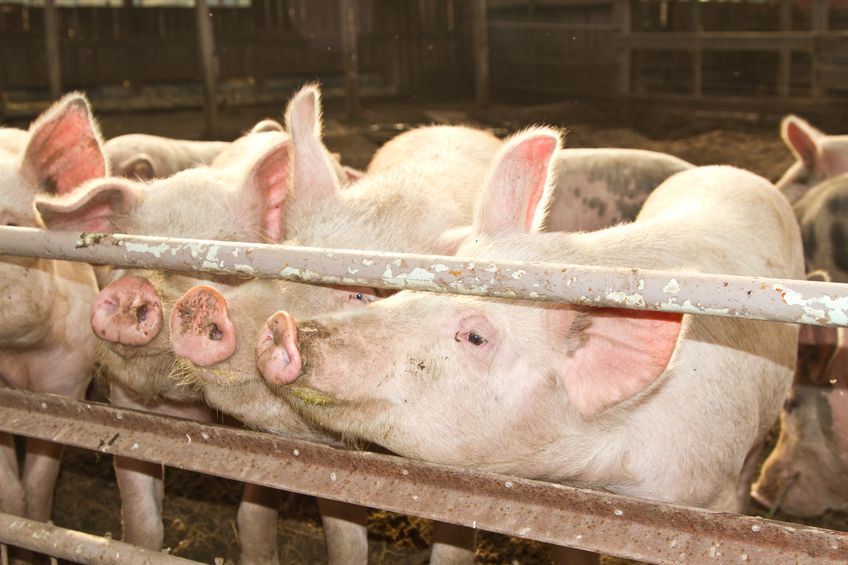
New laws seeking to tackle deforestation linked to UK demand for soya could have significant implications for the pig sector, producers have warned.
The Environment Bill has made it illegal for UK businesses to use key commodities if they have not been produced in line with local laws protecting forests.
It coincides with a new report setting out the UK's approach to clamping down on deforestation linked to demand for products such as cocoa, rubber, soya, and palm oil.
The government said 80% of South American deforestation is linked to the expansion of agriculture, with land being cleared to make way for livestock and to grow crops.
But with soya very much at the forefront of the issue, this could have major ramifications for the UK pig producers, the National Pig Association (NPA) warns.
The group has highlighted how seriously the pig sector is taking its responsibilities, but also the potential pitfalls of trying to force change through legislation.
Over the past 10 years, the sector has halved the inclusion of soya in pig diets from 20% to just under 10%, by substituting rapemeal, peas, beans and distillers waste as sources of crude protein.
However, the anticipated increase in global demand for soy cannot be underestimated, the organisation said.
The NPA's policy services officer, Lizzie Wilson said there was a 'strong need for a coherent approach' to ensure the long-term resilient supply of sustainable soy for the UK market, and to address illegal deforestation.
“As an industry we want to affect positive and tangible benefits on the ground in high risk areas," she added.
"Rather than using a blunt legislative tool, government could explore other ways in which it can influence positive change with industry in those countries.”
The NPA stressed that while businesses should not be actively seeking to source illegally produced forest risk commodities, the degree to which forests were protected in national laws varied between countries.
Ms Wilson said: “It is also true that international and company standards for commodities vary. This presents a challenge in that relevant local or national laws in some countries may not actually provide adequate protection from deforestation, with the highest risk areas requiring more robust legislative controls than others."
She added the pig industry was 'committed' to sourcing sustainable forest risk commodities, but it 'cannot effect tangible change alone'.
“Government procurement policy is just as important and as such should stipulate that products sourced by government departments align with its policy ambitions,” she said.
Recent figures from the Agricultural Industries Confederation (AIC) estimate that the pig industry uses 358,700 tonnes of soya bean meal on an annual basis, equating to around 15% of the total SBM imports into the UK the livestock industry.
The industry is exploring alternative protein sources, such as locally sourced crops like, cereals and legumes, insects protein and PAP - cross species feeding, such as pigs to poultry and poultry to pigs.
But these are either not yet commercially available or not available in sufficient quantities to supply both pig and poultry industries.
“Soya is still being the most efficient source of protein available, so the focus is very much on ensuring it comes from sustainable sources,” Ms Wilson said.
